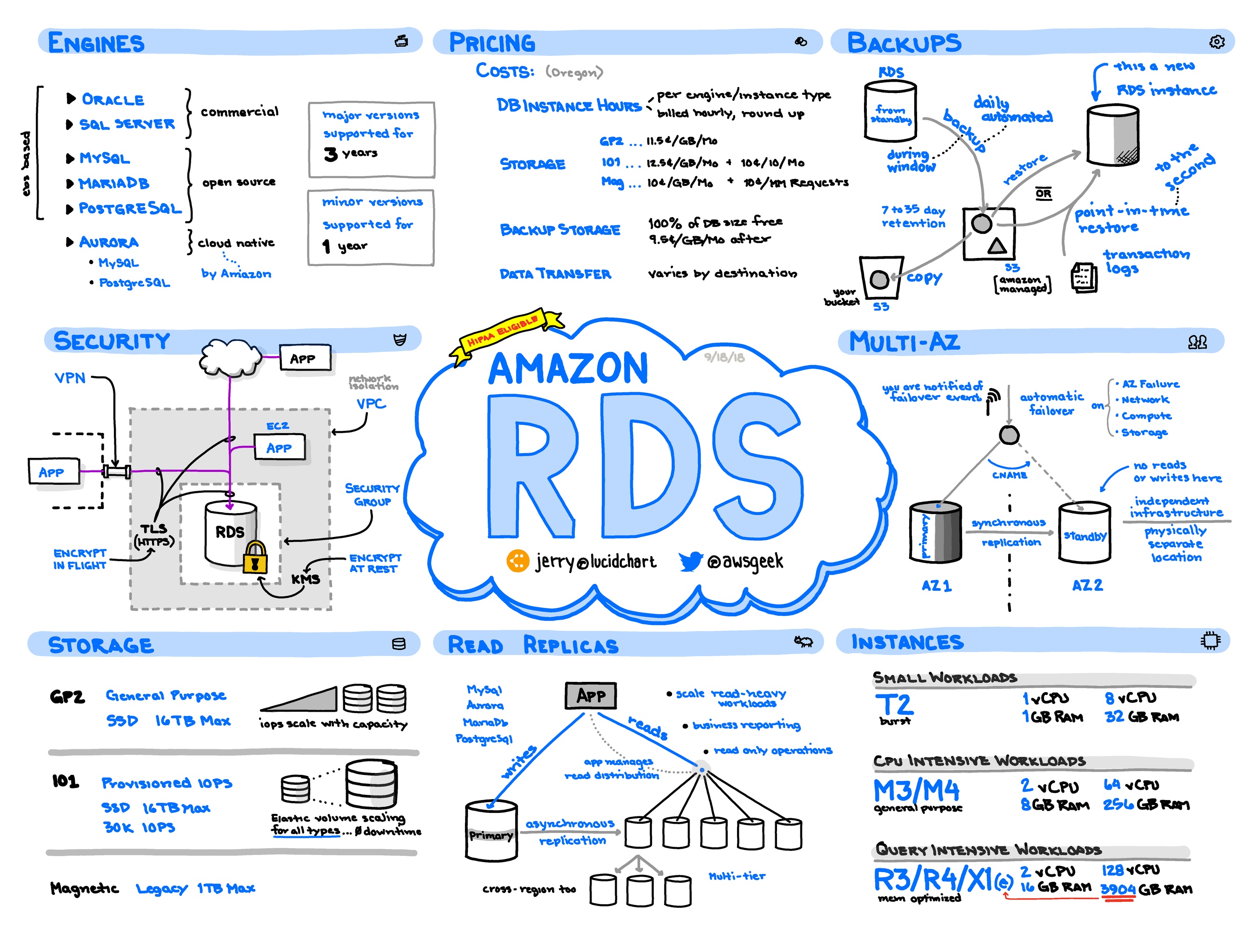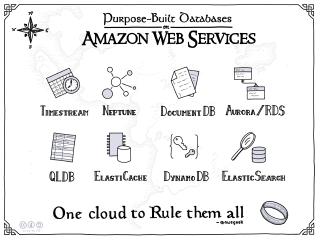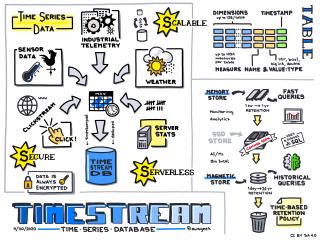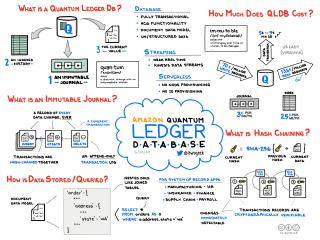
Amazon Relational Database Service (Amazon RDS) is a managed service that simplifies the setup, operation, and scaling of relational databases in the cloud. Designed with both professional developers and IT administrators in mind, Amazon RDS offers straightforward management for databases while optimizing for availability and performance. Whether you're running performance-intensive applications or hosting critical data for your business, Amazon RDS provides a reliable and scalable solution to meet your needs.
Use Cases
Amazon RDS supports several key use cases for developers and IT administrators. It's particularly beneficial for applications requiring high availability and durability, such as financial applications and corporate data management systems, due to its robust support for automated backups and multi-AZ deployments. For developers, Amazon RDS integrates seamlessly with various AWS services, speeding development cycles and allowing quick provisioning of database instances. It's also suitable for fluctuations in workloads, providing automated scaling to handle variations in demand without compromising performance.
Pricing
Amazon RDS pricing is designed to be flexible, reflecting a pay-as-you-go model that factors in instance type, storage needs, and additional features like backup retention. Costs vary based on the chosen database engine, with options including MySQL, PostgreSQL, MariaDB, Oracle, and Microsoft SQL Server. Users can choose between On-Demand and Reserved Instances, with the latter offering significant discounts for long-term commitments. Spot Instances are also available for users who want even greater savings for non-critical workloads. For those needing enhanced security or compliance, additional fees apply for features like the Amazon RDS Proxy.
Scalability
Scalability is a core feature of Amazon RDS, allowing users to dynamically scale compute resources and storage capacities. With Amazon RDS, you can modify instance types and storage configurations with minimal downtime. The service supports vertical scaling by upgrading the instance size and horizontal scaling through Amazon Aurora, which automatically scales storage as needed. Furthermore, read replicas are available to increase read throughput and offload traffic from primary databases, ensuring consistent application performance.
Availability
Amazon RDS emphasizes high availability through Multi-AZ deployments, where a standby instance is maintained in another availability zone to ensure rapid failover in the event of a primary instance failure. Automated backups and snapshots provide further reliability, allowing systems to be restored to any point in time. If uptime is critical, Amazon RDS Multi-AZ set up with read replicas ensures continued performance during maintenance or failure events.
Security
Security features in Amazon RDS are robust, encompassing data encryption in transit and at rest, access controls through AWS Identity and Access Management (IAM), and network security with AWS VPC. Data at rest is encrypted using the AWS Key Management Service (KMS), which handles cryptographic operations. Additional security measures include database auditing, Amazon RDS Proxy for controlled access, and support for AWS CloudTrail to capture comprehensive monitoring data. For further control, VPC security groups and public access settings can be manipulated to restrict unauthorized access.
Competition
In the cloud computing arena, several services compete directly with Amazon RDS, offering similar managed database functionalities. Alibaba Cloud RDS provides a fully managed relational database service with support for mainstream databases. With comprehensive solutions tailored to various business needs, it offers high availability, backup, and recovery options.
Google Cloud's Cloud SQL is another alternative, supporting fully managed databases like MySQL, PostgreSQL, and SQL Server with integrated features such as automated backups, replication, and seamless scaling across compute and storage.
Microsoft Azure's SQL Database offers a managed cloud database service, featuring AI-powered performance optimization, advanced security features, and integration with the broader suite of Microsoft Azure services. This PaaS solution aims to simplify database management, ensuring high availability and fast scaling.
In conclusion, Amazon RDS remains a powerful tool for managing relational databases in the cloud, sought after by developers and IT professionals for its scalability, availability, and security features. Its pay-as-you-go pricing model makes it a flexible choice, adept at meeting diverse business needs and workloads, and its integration with numerous AWS services further enhances its value. However, due consideration should be given to competing offerings from Alibaba Cloud, Google Cloud, and Microsoft Azure, each providing unique benefits and features.
 411b8888-2668-4540-a069-34c02545b345
411b8888-2668-4540-a069-34c02545b345
 AWS Purpose Built Databases
AWS Purpose Built Databases
 Amazon Timestream
Amazon Timestream
 Amazon QLDB
Amazon QLDB